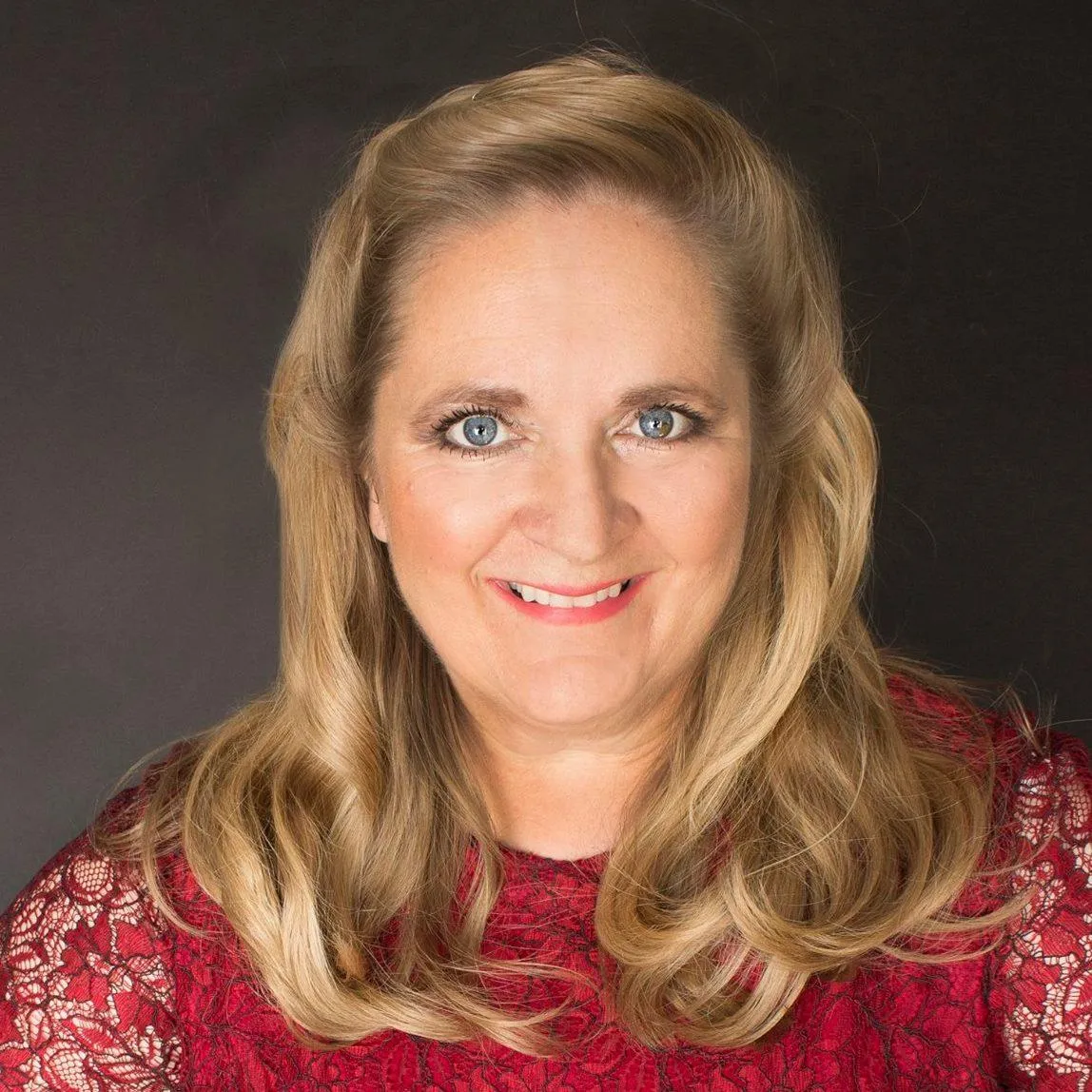
Special Guest Expert - Maija-Liisa Adams

Maija-Liisa Adams
Maija-Liisa N. Adams is the founder & CEO of Maija-Liisa Speaks, an Idaho-based global TEDx Talk coaching firm. Over the last six years, Adams has helped more than 120 clients understand how to land, nail and use their TEDx talk to grow their impact and increase their income. As a global keynote speaker, she has spoken in a Castle, addressed 100s of individuals, including the International Women’s Day Conference and BYU-Idaho, where she serves as an adjunct professor in public speaking and professional presentations. Before starting her business, Adams was a Regional Sales Manager for a $1.4 billion-value global software company. Adams is also an esteemed member of Christopher Kai’s GPS global speaker community, where its members include #1 best-selling international authors, thought leaders, world-renowned athletes, and seasoned executives who reside in 120 cities, 30 countries, and 6 continents.
Connect with Maija:
Please Share This With Your Followers
